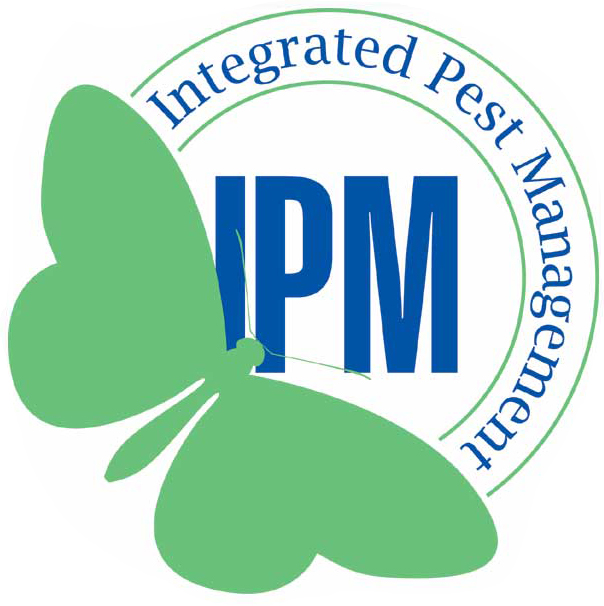

“I wanted to recapture my childhood experience of eating the tastiest, crunchiest and most refreshing cucumber.”
When I was growing up mum and dad had a small commercial farm growing cucumbers. After graduating from University I travelled the world working in the corporate world. During my time overseas I searched high and low for that elusive cucumber taste that I took for granted growing up. In 2011 I gave up my management job with a Fortune 500 company in Hong Kong and returned to Adelaide to start Produce of Desire. WHY?
Because I wanted to recapture my childhood experience of eating the tastiest, crunchiest and most refreshing cucumber.
“In 2018 we started our relationship with Biological Services and
converted all our farms to integrated pest management, reducing our
pesticide use by over 80%.”
In 2017 I was admitted to the Cardiac Intensive Care Unit and diagnosed
with Atrial Fibrillation. I soon became a celebrity in the ICU because
they rarely see young patients. I was treated by several of the best
cardiologists in the country but no one could pinpoint the cause with
certainty. I was told that pesticides were the likely cause due to my
exposure as a horticulturalist. As a result of my medical condition I
made it my mission to identify and adapt new methods to reduce and where
possible to eliminate the use of pesticides on my farms. In 2018 we
started our relationship with Biological Services and converted all our
farms to integrated pest management, reducing our pesticide use by over
80%. At the end of 2018, I was officially cleared of atrial fibrillation
by my cardiologist.
“I continually seek and trial new products that are biodegradable such
as natural jute strings (instead of nylon strings) and corn starch film
(instead of plastic film).”
Horticulture is a great industry that serves the community with fresh
and nutritious produce, but with everything in life there is a darkside;
in this instance WASTE. Plastic films used to cover greenhouses, nylon
strings used to twine plants, cling film used to wrap produce, the list
goes on. The sad truth is that currently all this waste is part of the
supply chain and we can’t prevent it. What we are doing at POD is being
creative to minimise the effect of this waste on our environment. We
actively search for and adopt new practices that will help minimise
POD’s reliance on plastic. We continually seek and trial new products
that are biodegradable such as natural jute strings (instead of nylon
strings) and corn starch film (instead of plastic film). I am an
optimist and I believe with rapid advancement in technology, we are
close to being completely independent on non-biodegradable materials
that are detrimental to our environment. All that remains is working
together to make these options commercially viable throughout the supply
chain.
